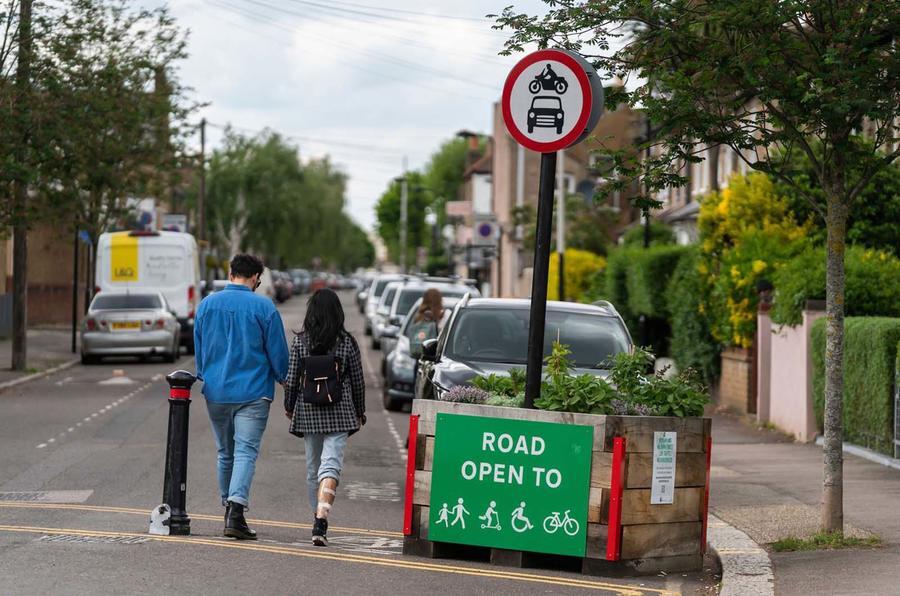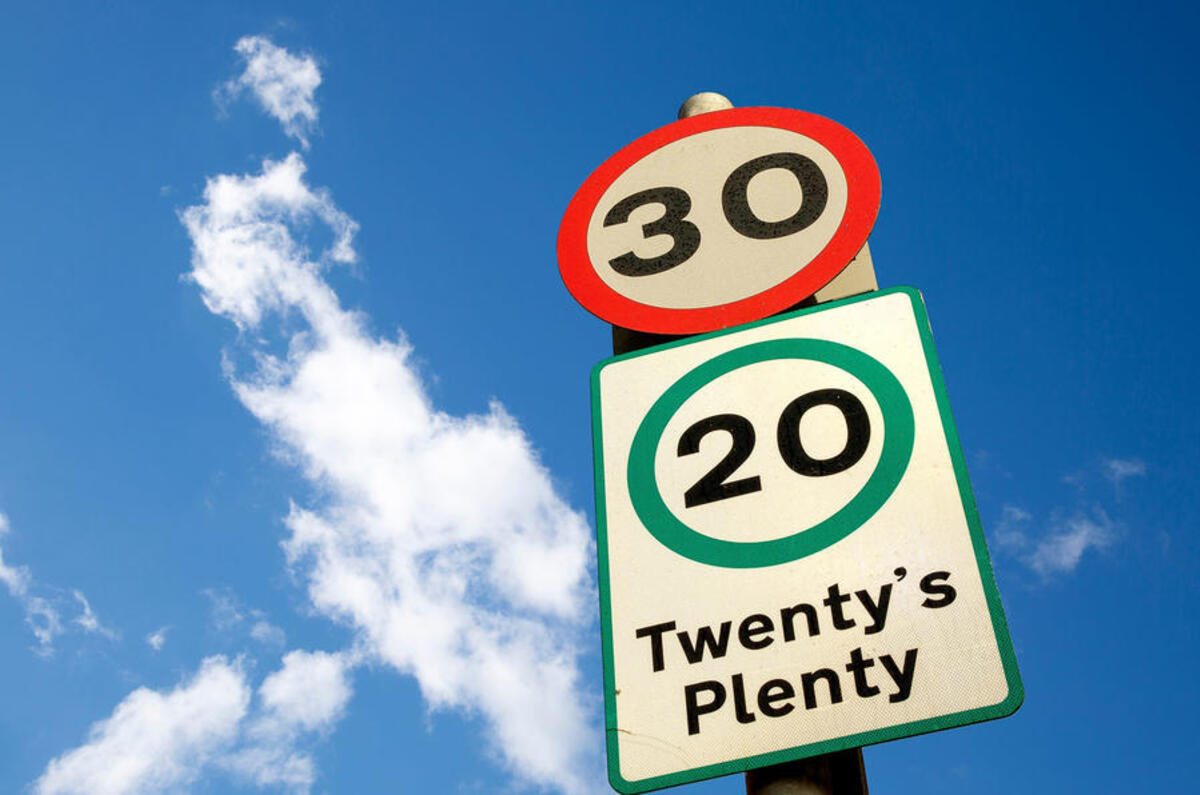The introduction of new road safety schemes, such as 20mph zones and Low Traffic Neighbourhoods (LTNs), will be made by individual local councils, not imposed by central government, new transport secretary Louise Haigh has pledged.
Both schemes have generated widespread discourse over recent years since their introductions. But in response, the new transport minister told podcast Streets Ahead: "Local authorities will have my full support to roll out schemes.”
Haigh also said she wanted to move away from the previous government’s "culture wars", where high-profile MPs, including former prime minister Rishi Sunak, publicly attacked the schemes, despite them originally being brought in by a Conservative government.
Sunak even went so far as to order a review into LTNs and promised to block councils from introducing the 20mph speed restrictions as part of a "pro-motorist" agenda.
"The vast majority of people in the country use their cars to get around and are dependent on cars,” Sunak said previously. "I just want to make sure people know that I'm on their side in supporting them to use their cars to do all the things that matter to them.”
However, that approach has left many local authorities "in limbo and paralysis", Haigh claimed.

She said: "It's really, really difficult for local authorities when they've not got that air cover from government. And not only did they not have the air cover, they had the government actively working against them saying: 'No, you're not allowed to roll out 20mph zones. No, you're not allowed to roll out LTNs.'
"Those kinds of decisions should absolutely be made at a local level by communities and not dictated to or stoked up by the centre."









Join the debate
Add your comment
And of course, if it generates a bit of extra income along the way then that's by pure coincidence....!
The thing is, they implemented it anyway, without consultation along with LTNs, then expect you to go out and vote in local elections. Driving around at 20 mph is not encouraging me to seek another motor vehicle anytime soon. Everyone I know has got some sort of speeding fine ( or several) due to this.
Can you cite actual evidence of anywhere that is heavily enforcing 20mph with fines ? I'm not aware of anywhere that's enforcing strongly, either by roadside police or cameras (cameras might be used for those exceeding 30 limits). I live where there is 20mph in all towns and villages, and has been for several years. Enforcement is maybe one day each year.
Be assured, I am telling you if you live in London they are definitely enforcing 20mph limits. Maybe in the leafy shires and in well-to-do areas of the country they are not enforcing it, but with 5g availability in urban areas the police force are doing a roaring trade in driver awareness courses.
My understanding is that the 20 mph limit is enforceable only on roads where there is a traffic management or traffic control order. This is because 30 mph is the national lower limit. My point is that on roads where there used to be a 30 mph limit and now there are signs for 20 mph, the police (and by extension the local council) can't put speed traps or impose fines or penalty points on any driver who exceeds 20 mph unless there is also a traffic management order on that road or stretch of road. This is the 'dirty little secret' not talked about when LTNs and 20 mph zones are discussed. In Wales, there is violent agreement that the widespread imposition of 20 mph zones has not worked. In my London borough, the council had gone OTT with imposing 20 mph and there is now no rhyme or reason about which roads are 20 mph and which are 30 mph.